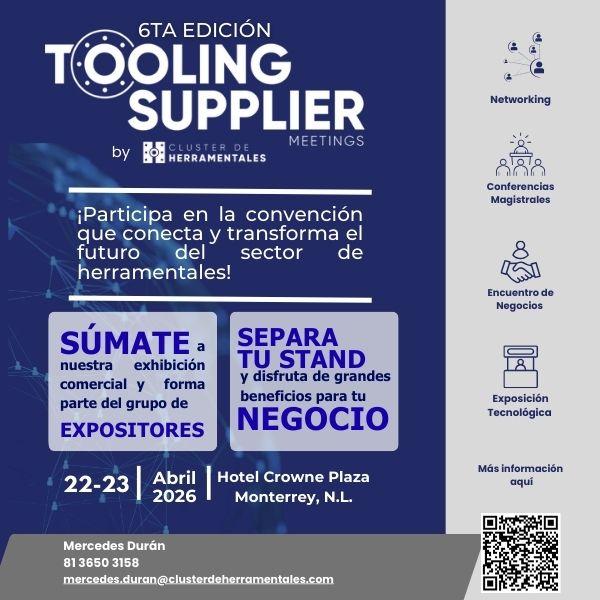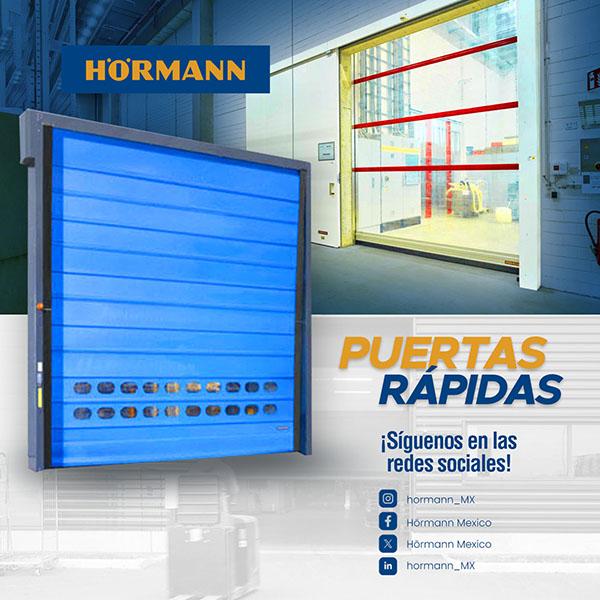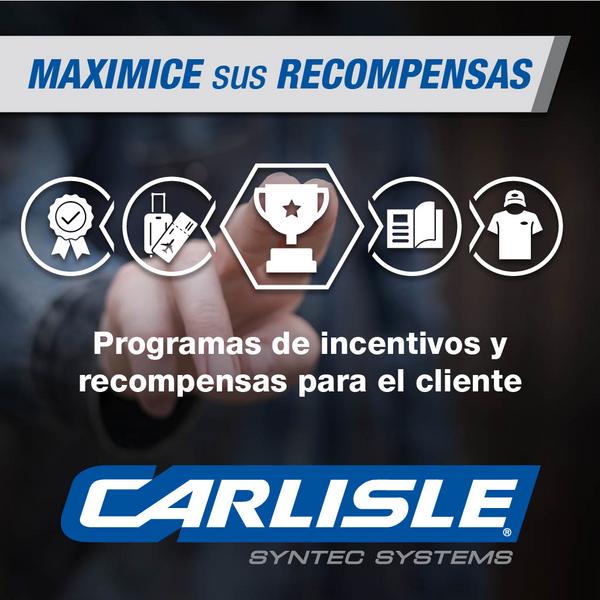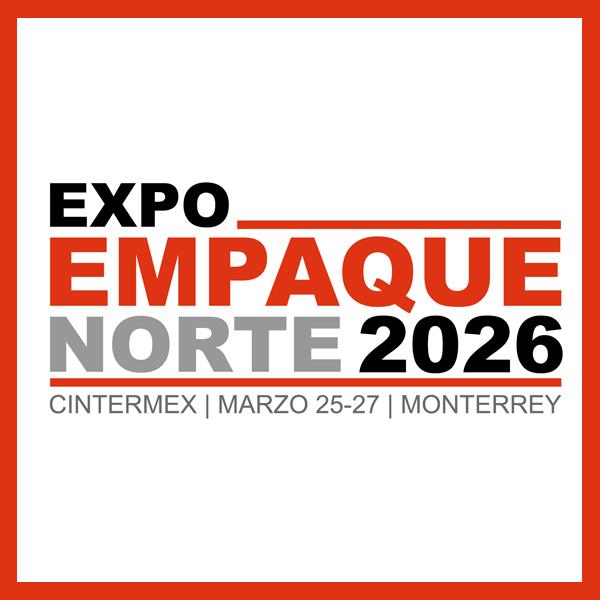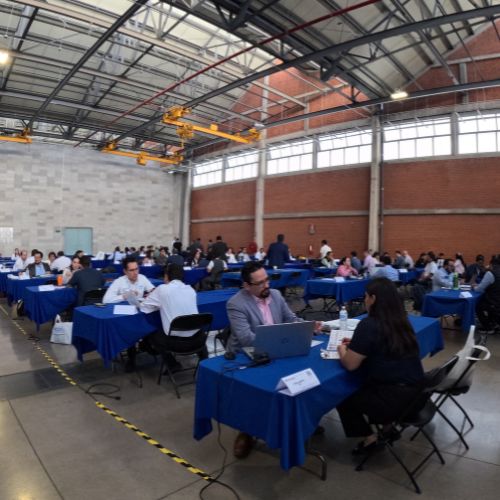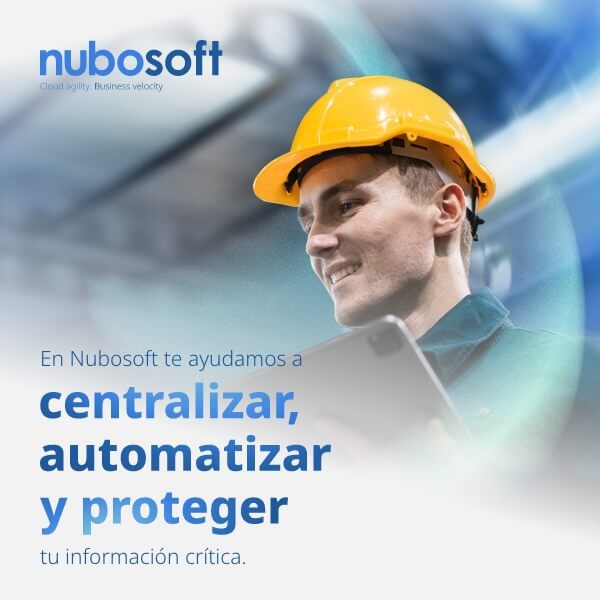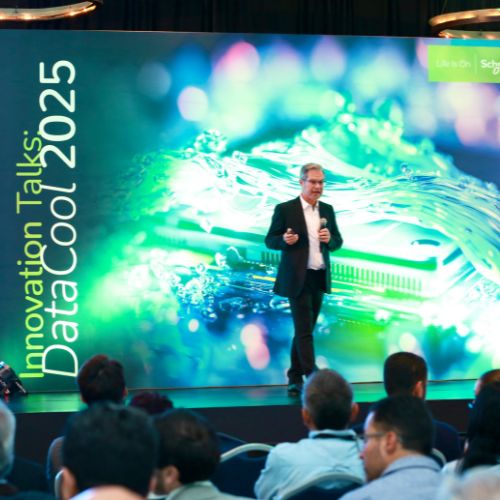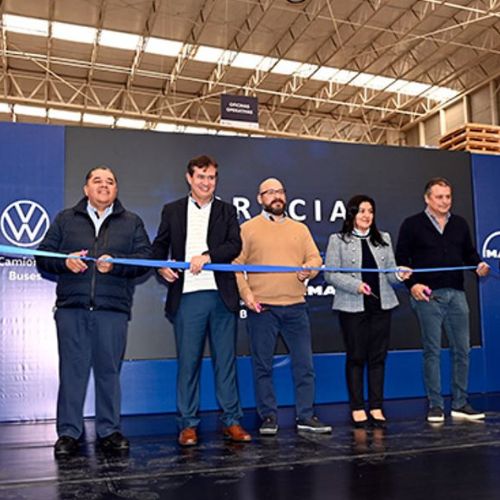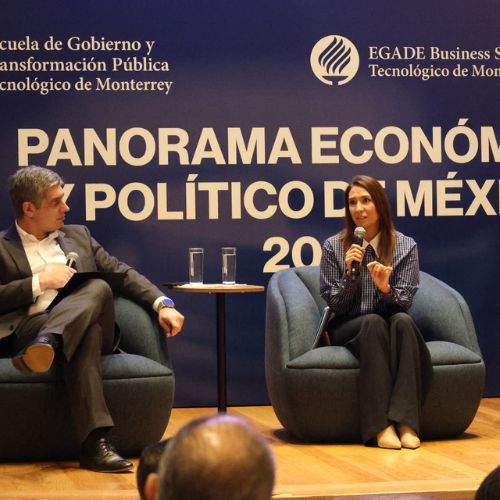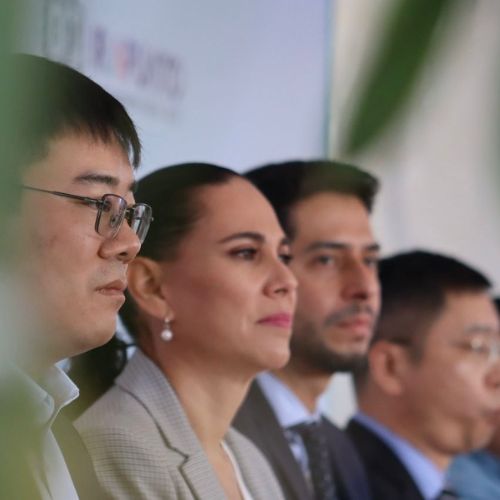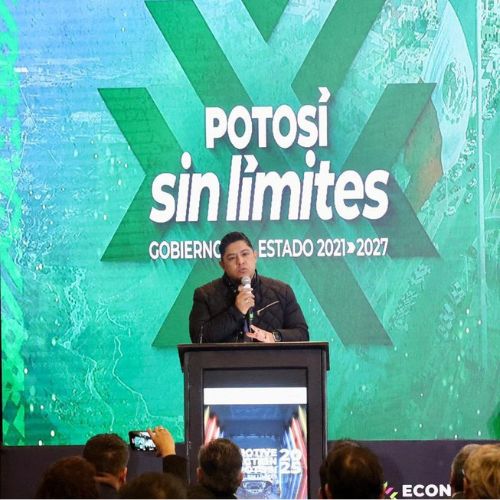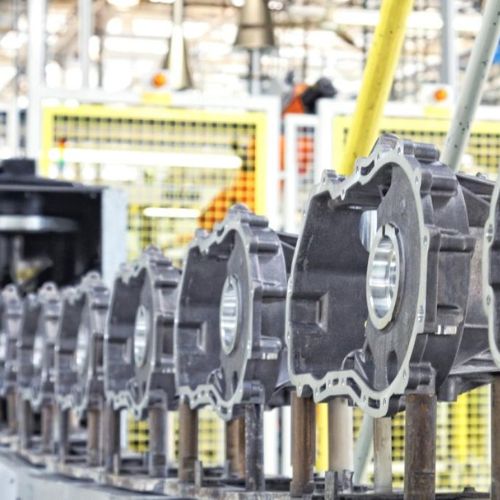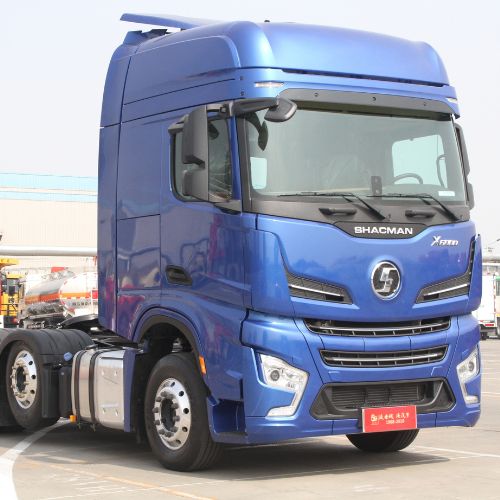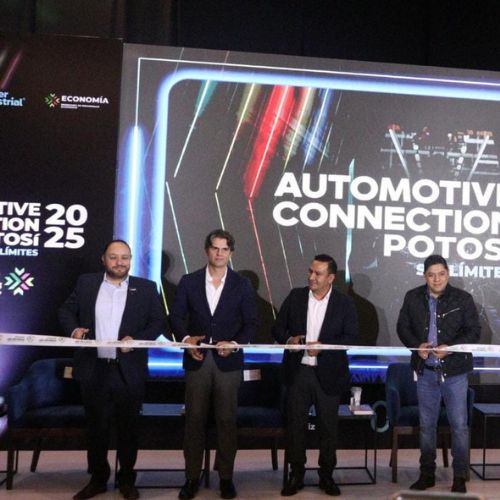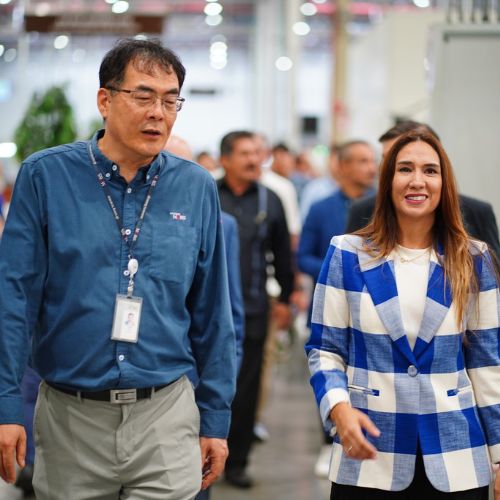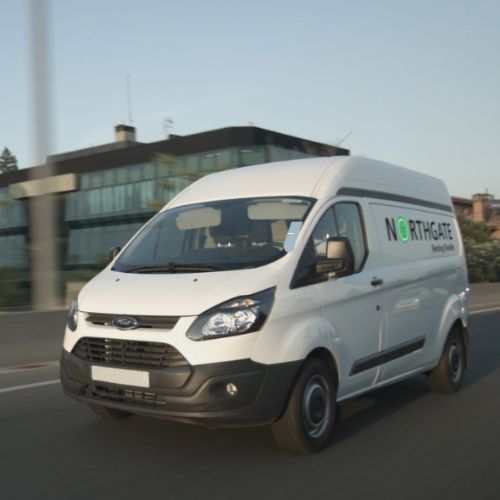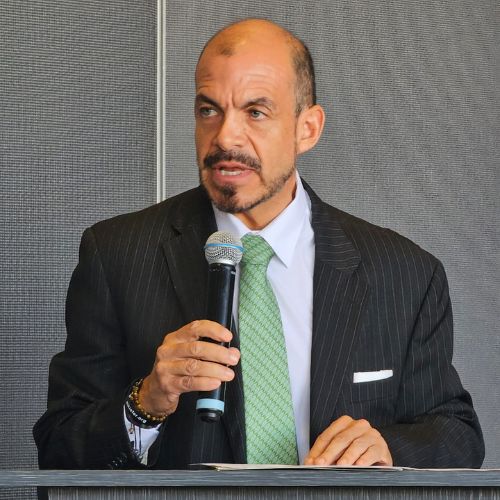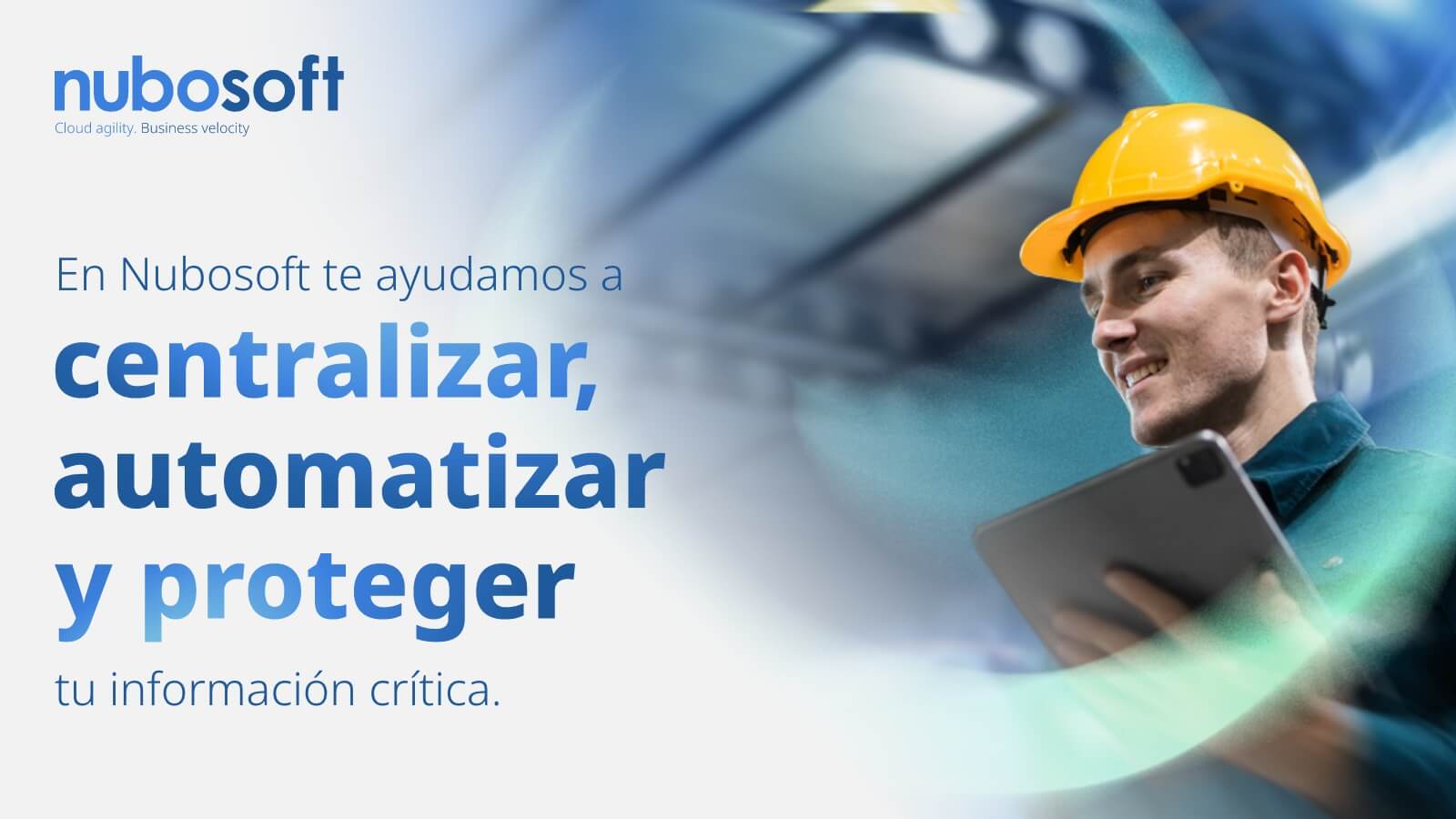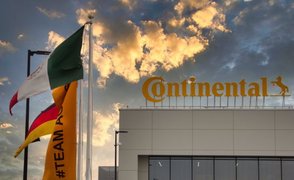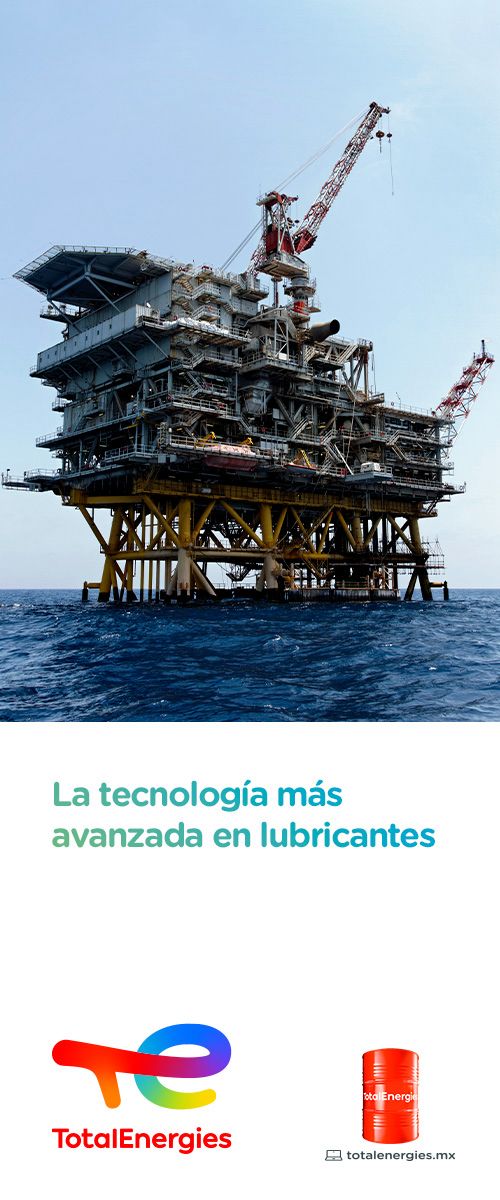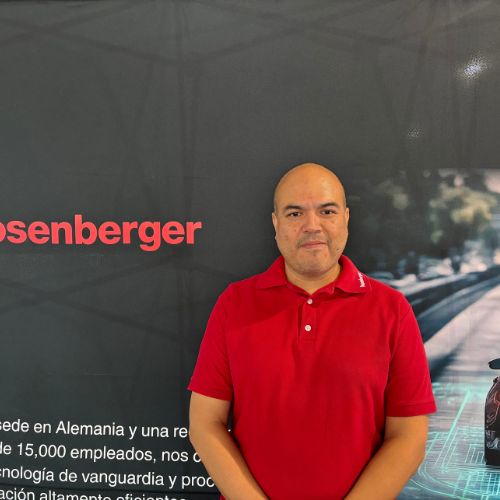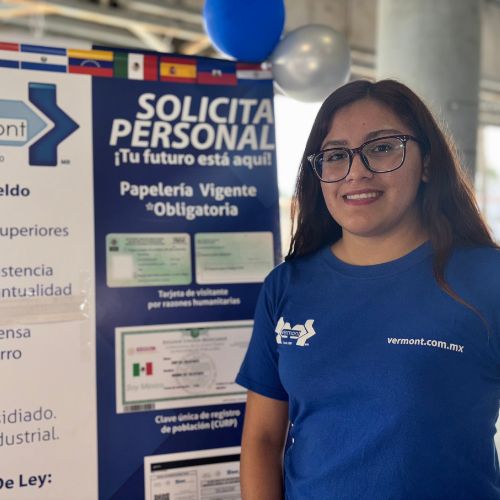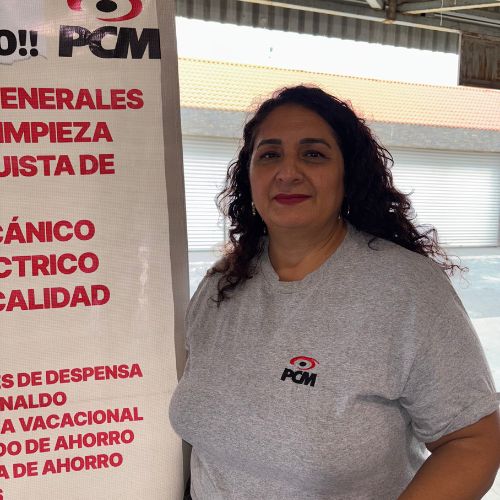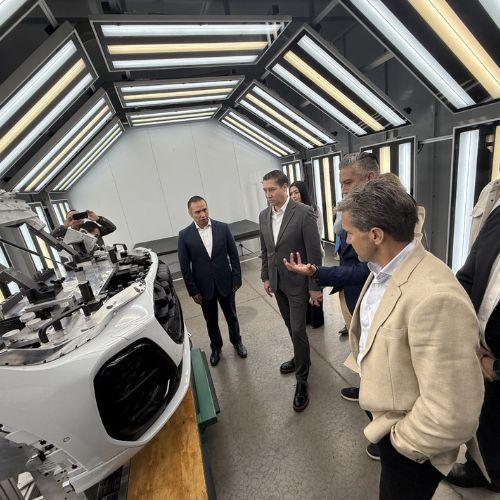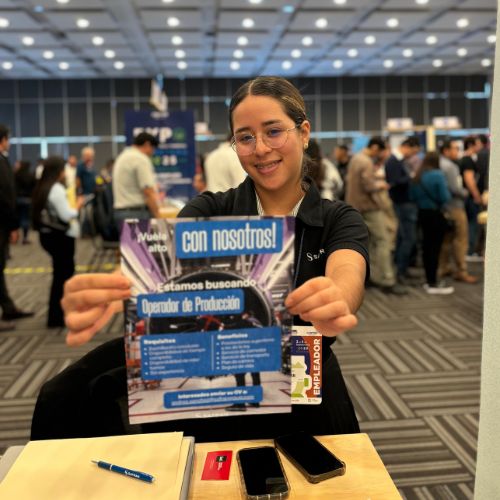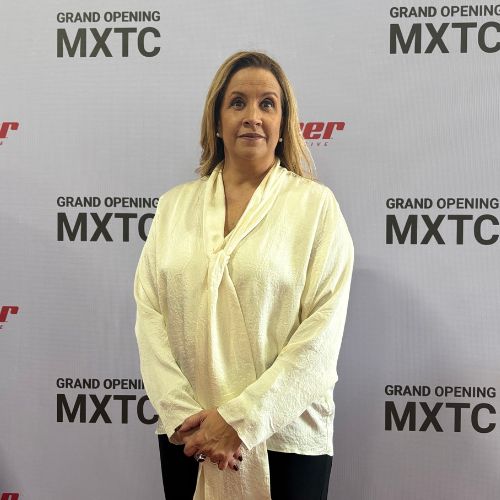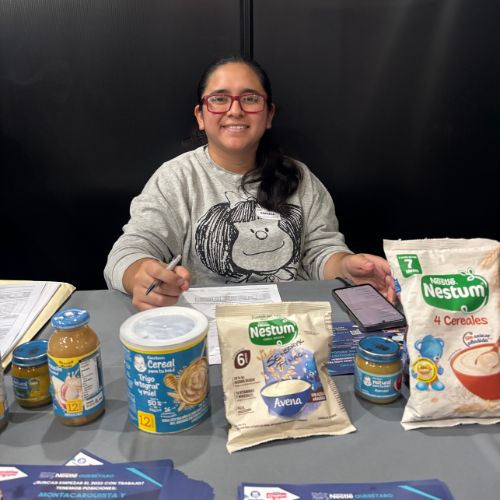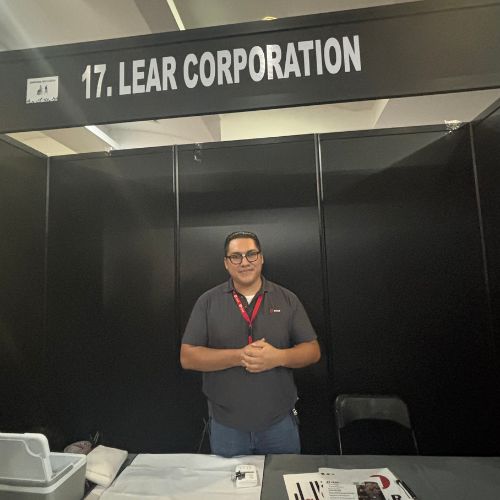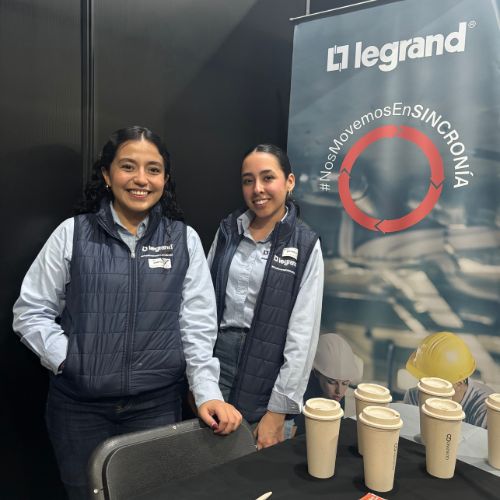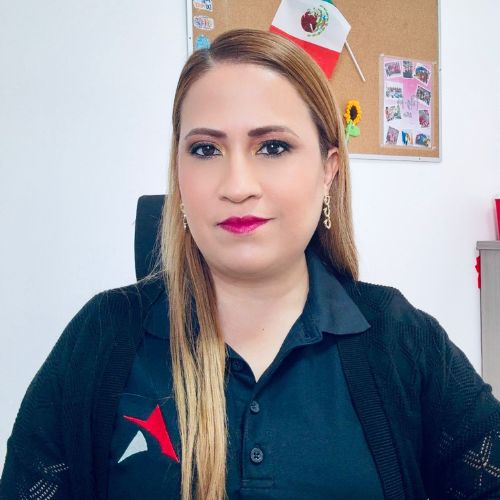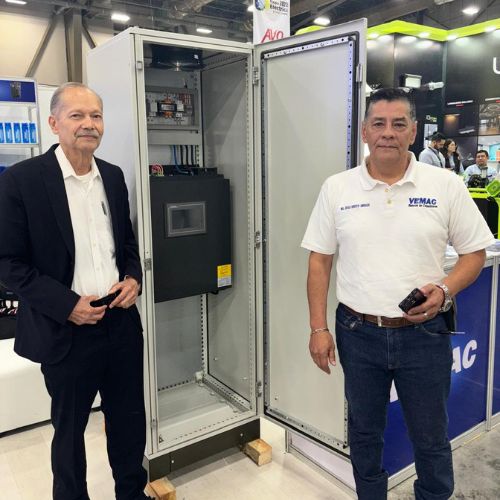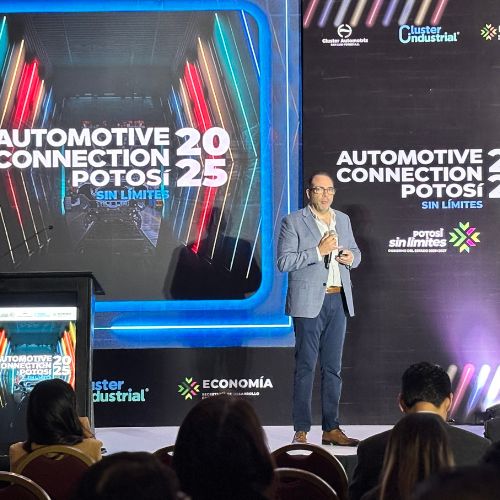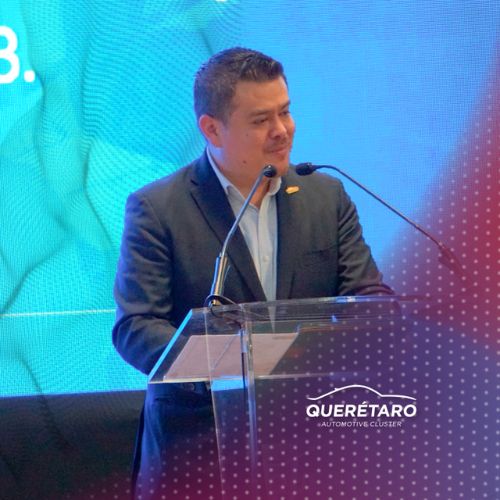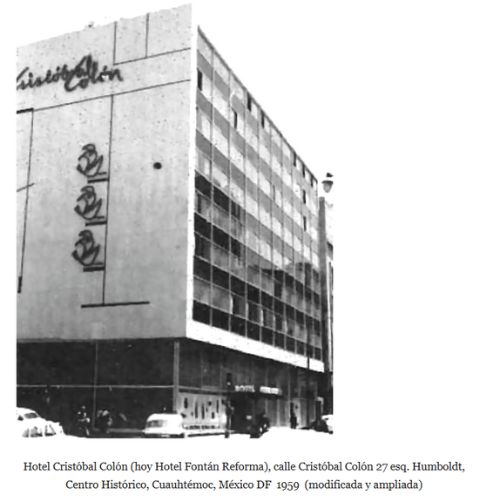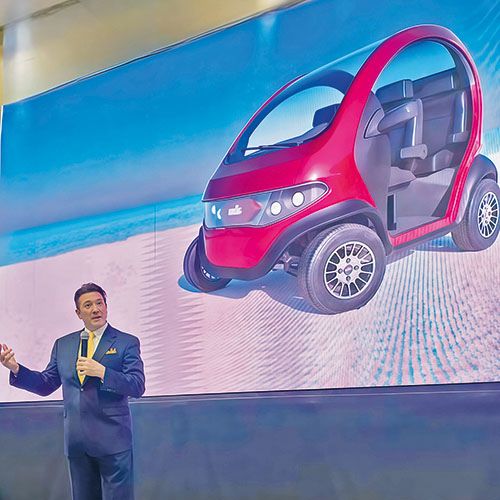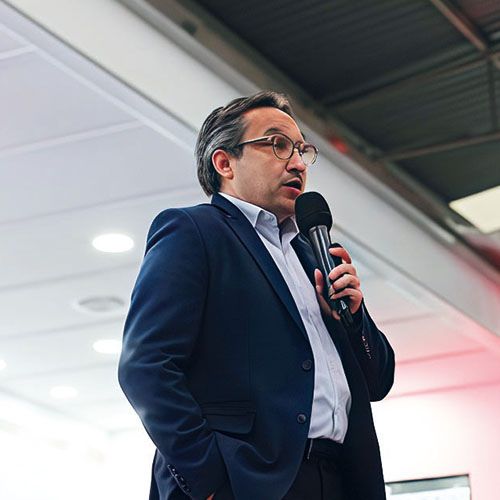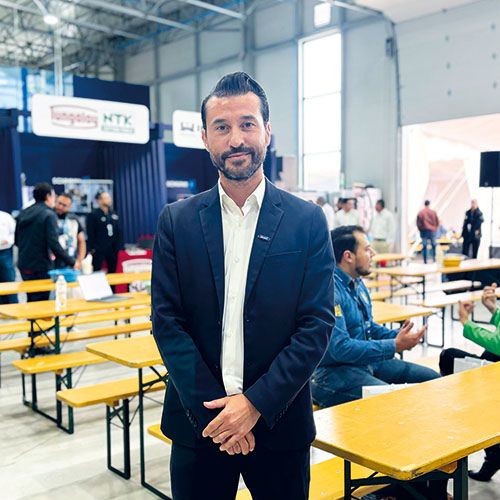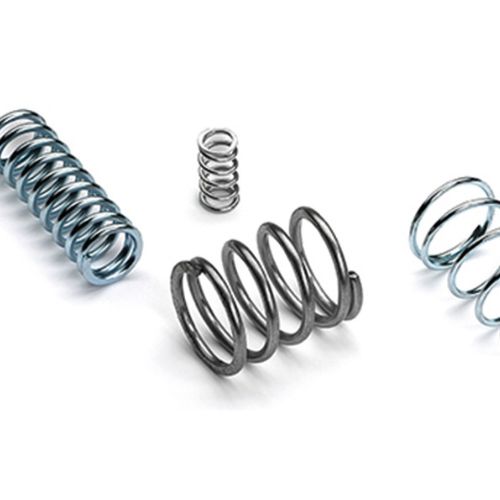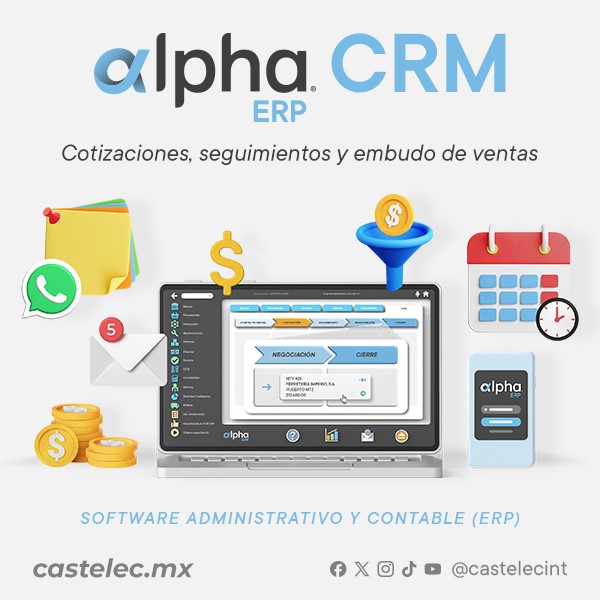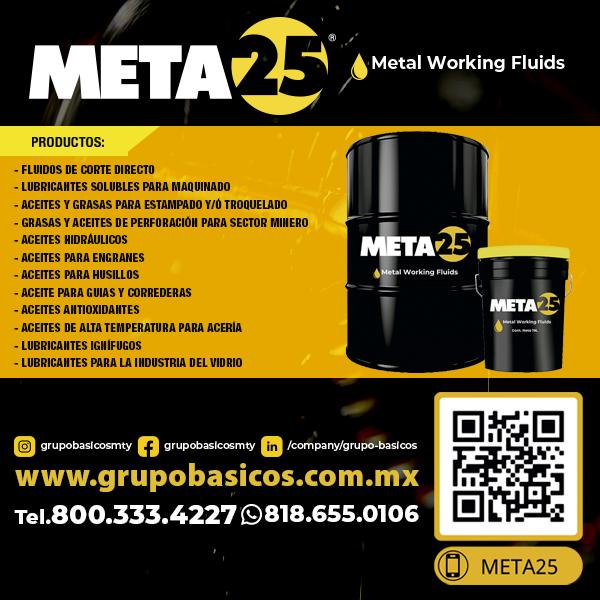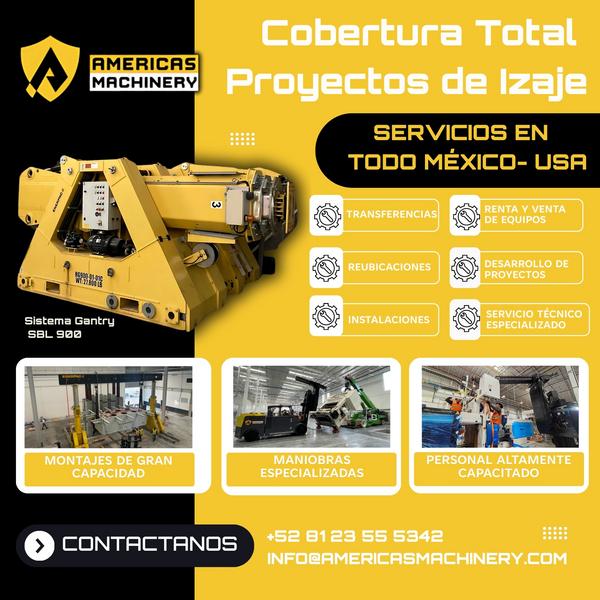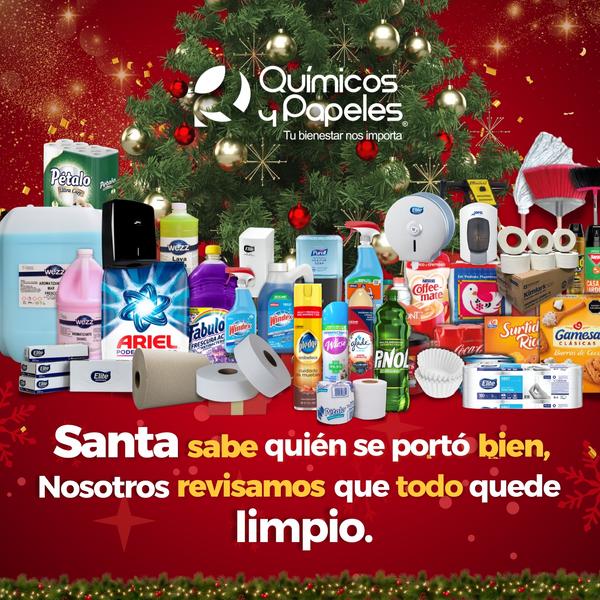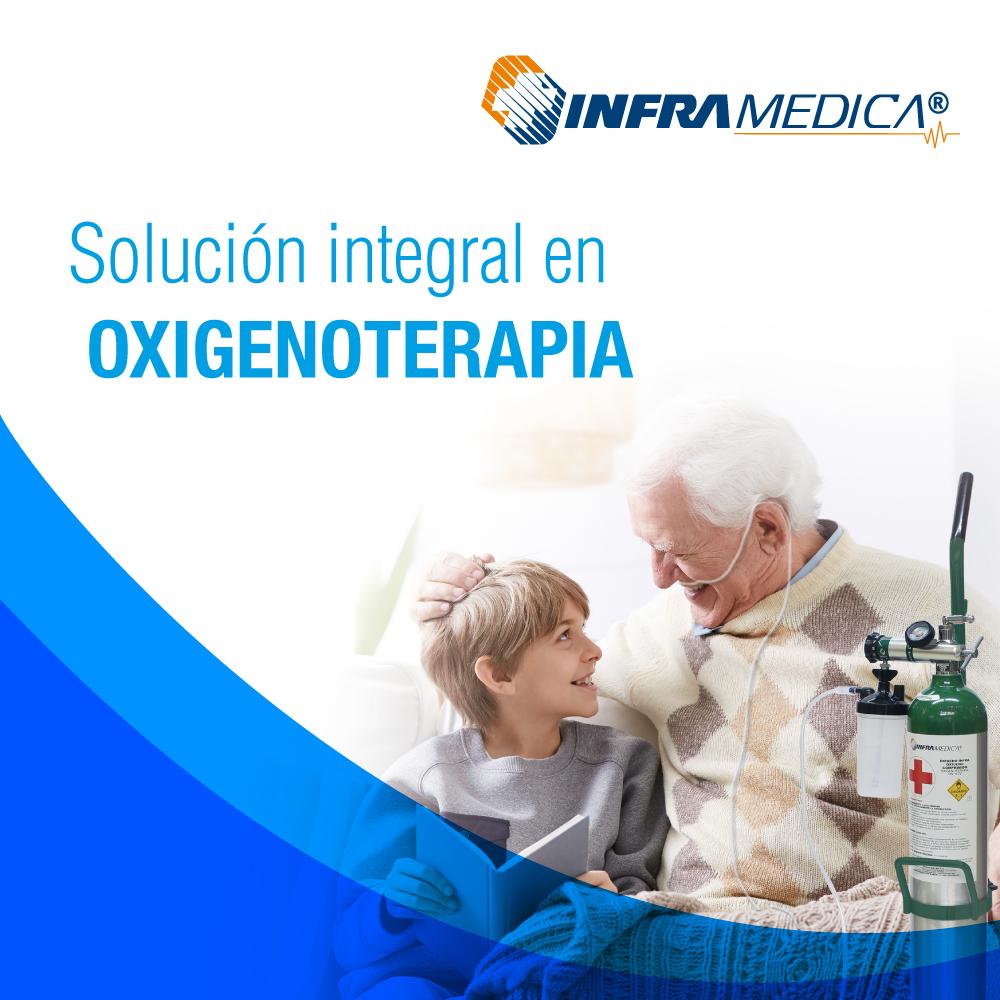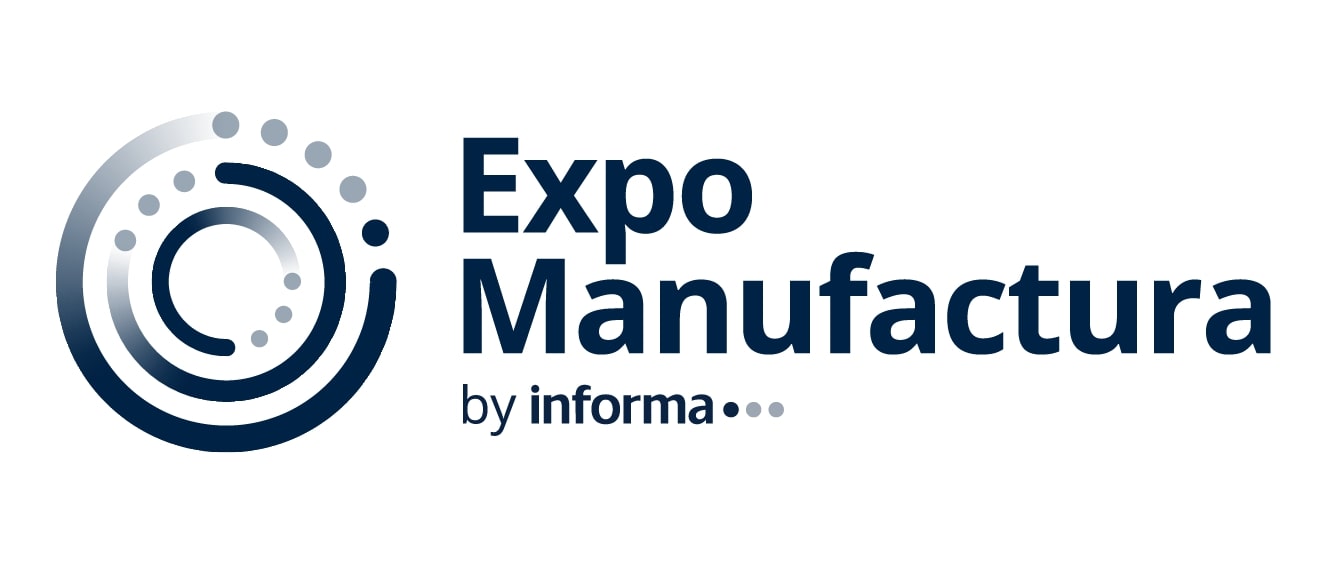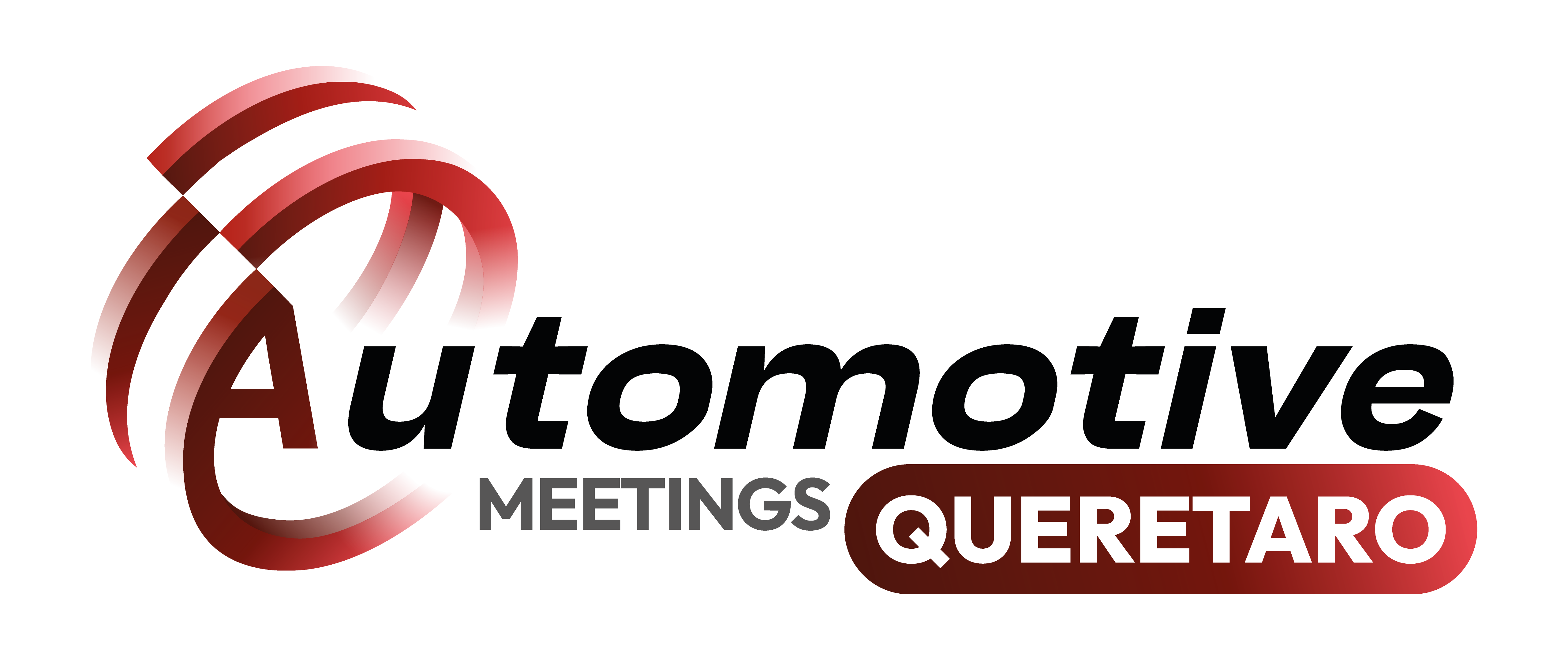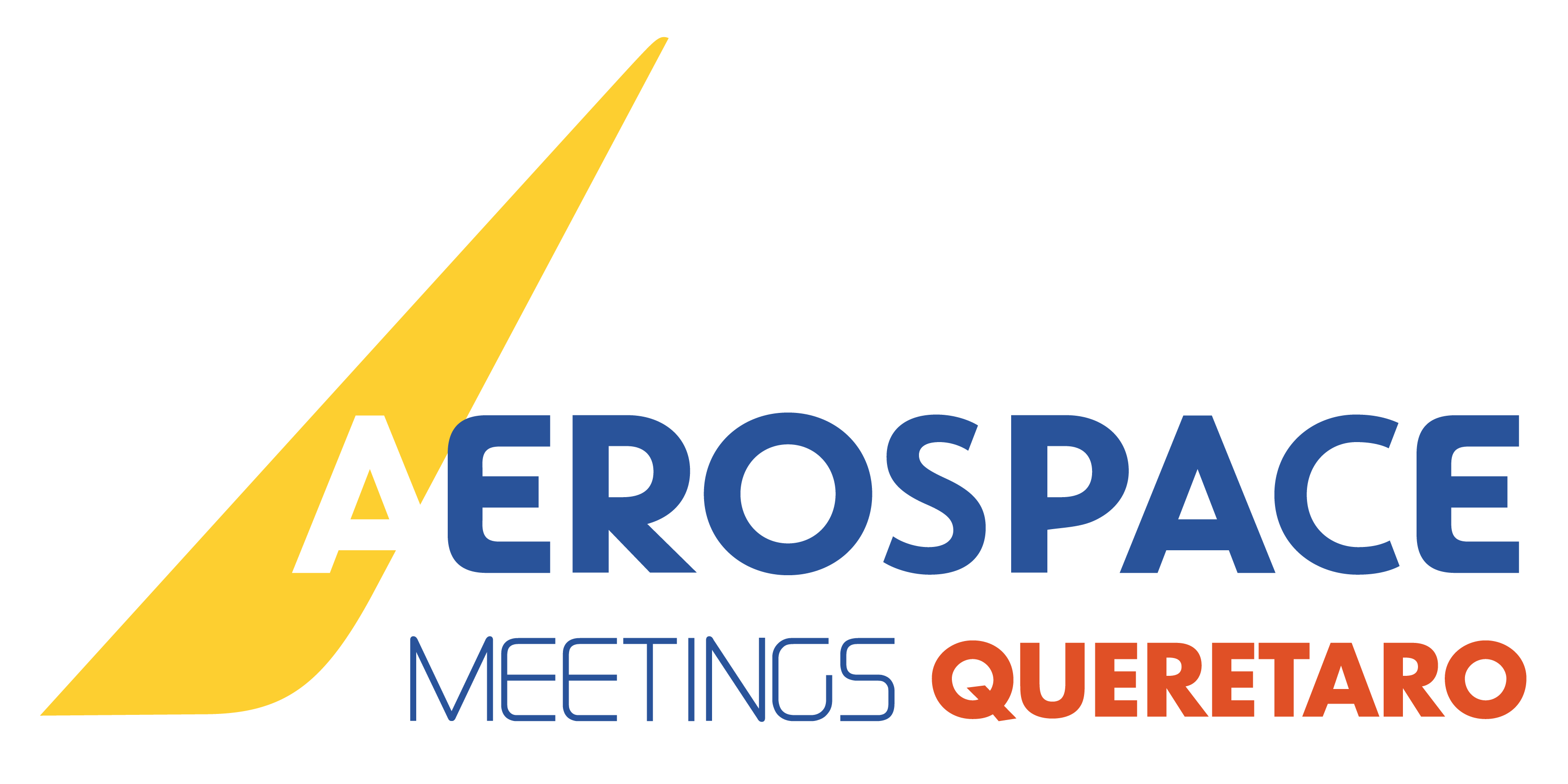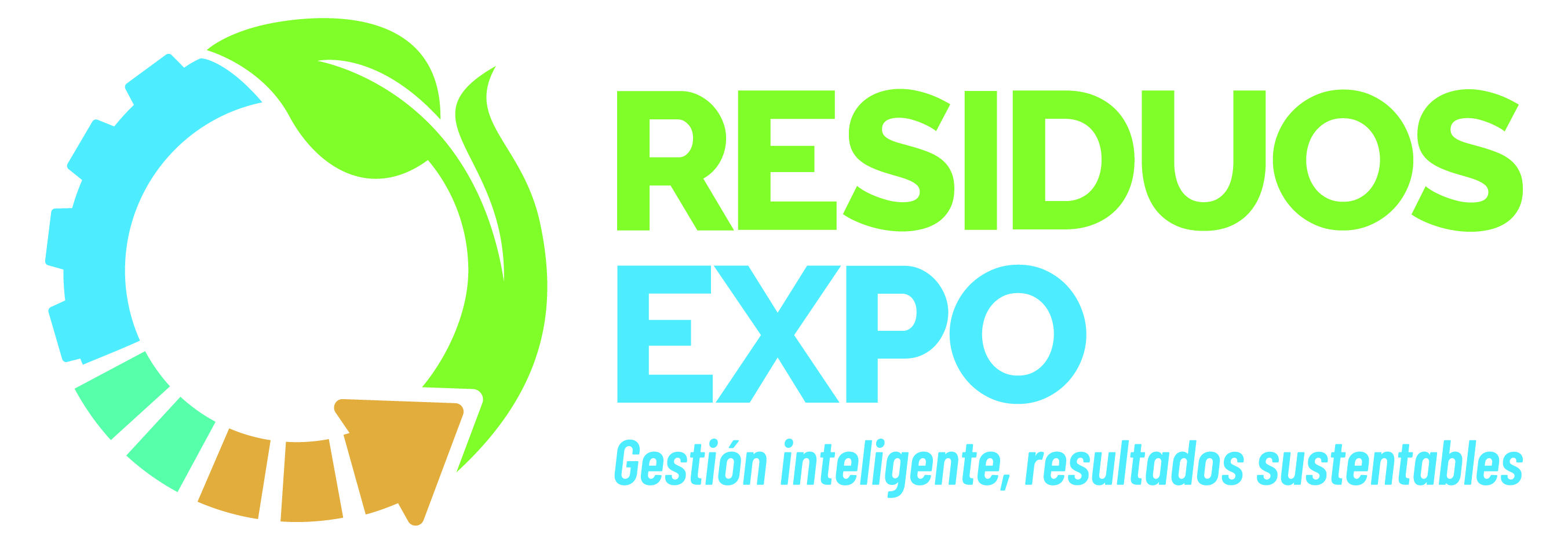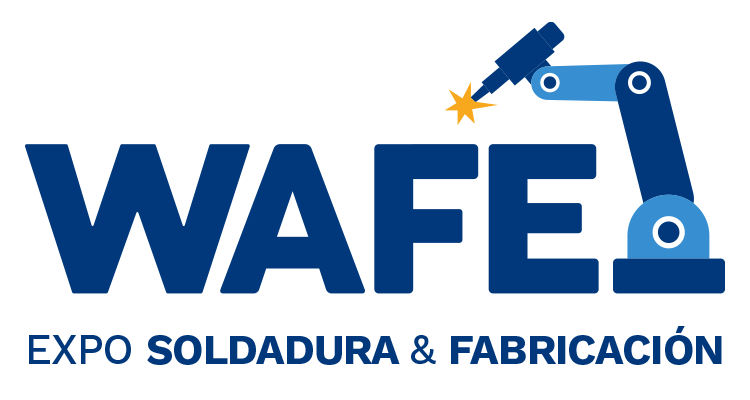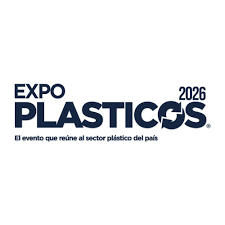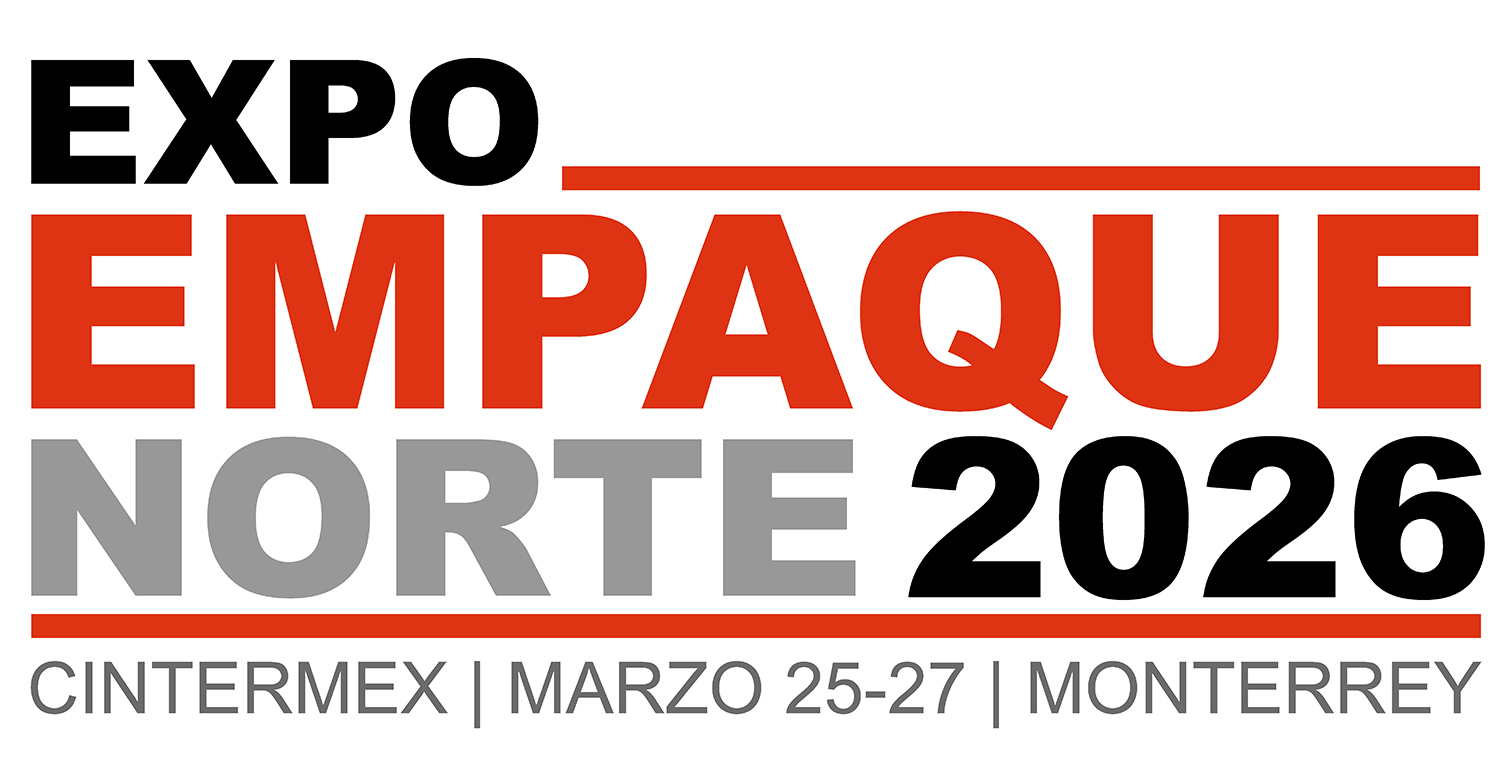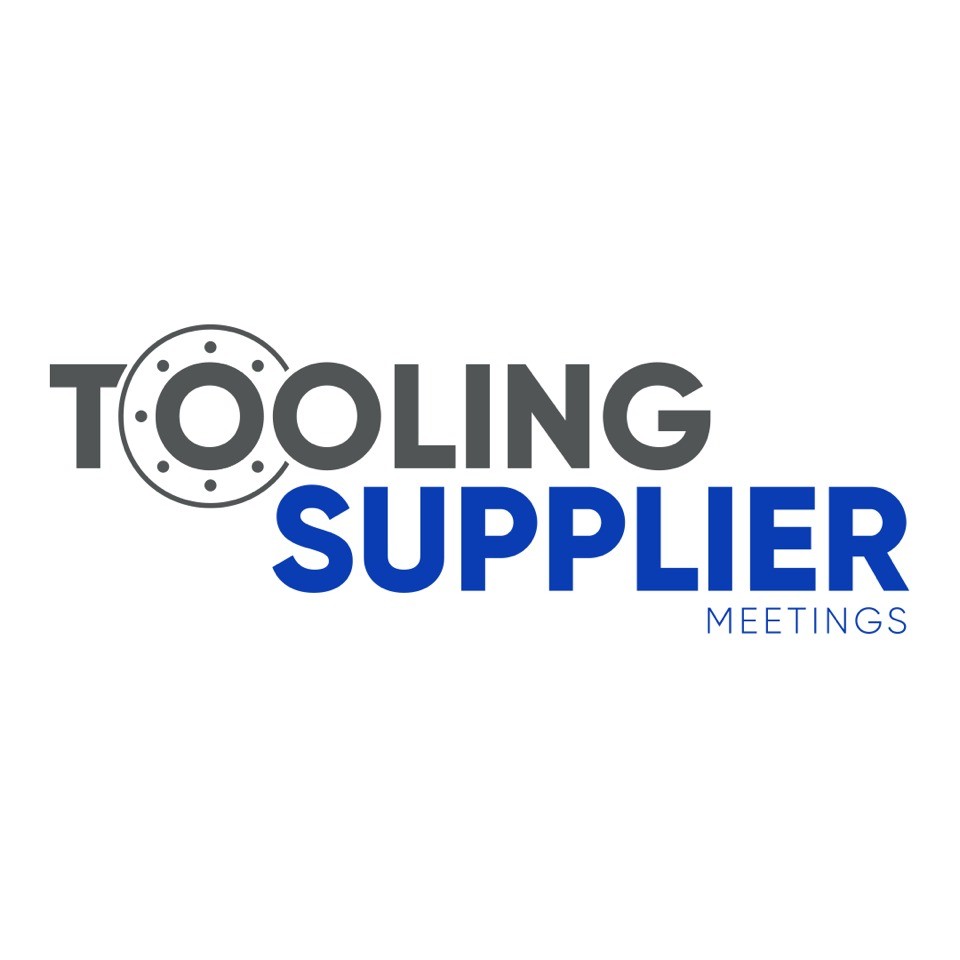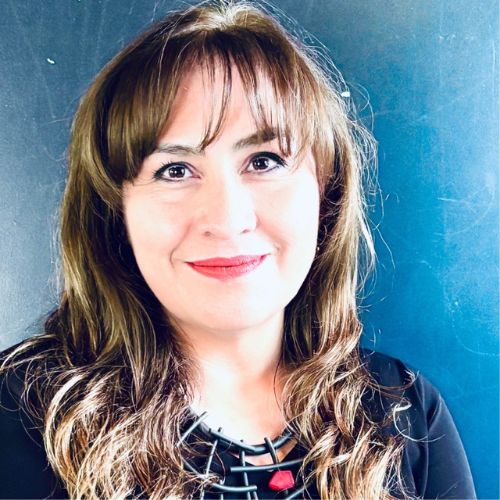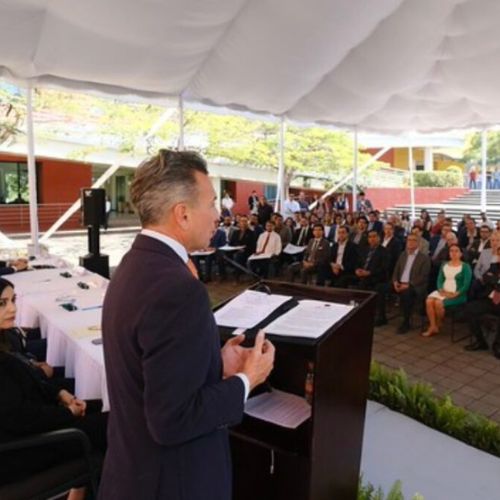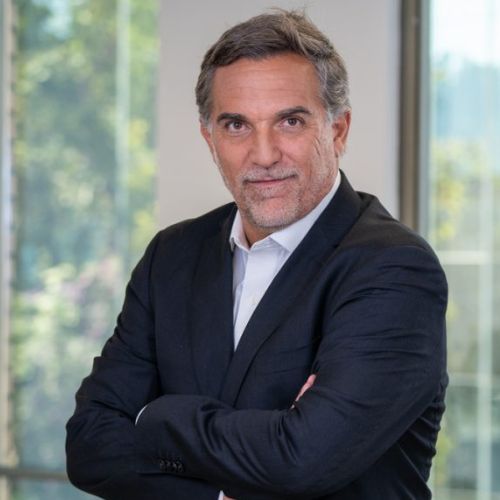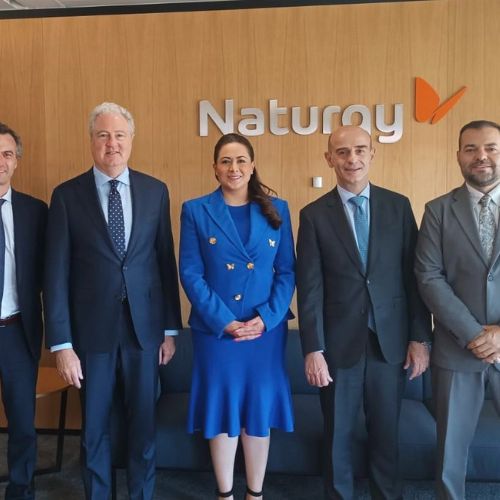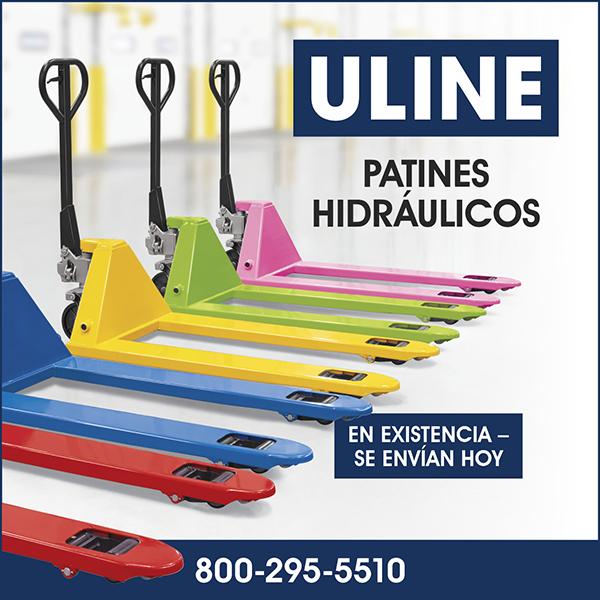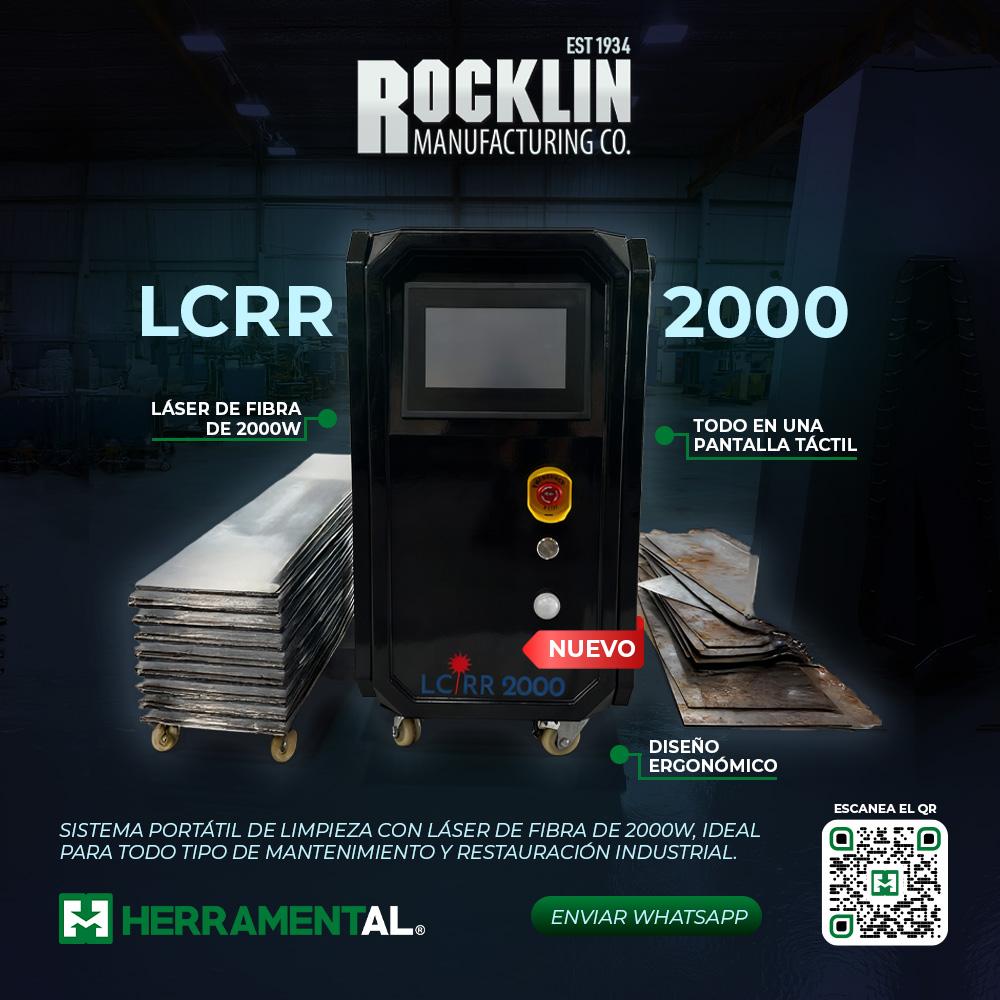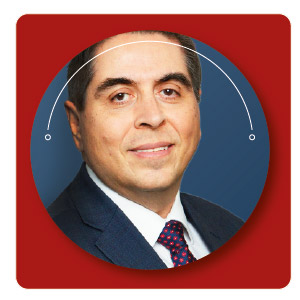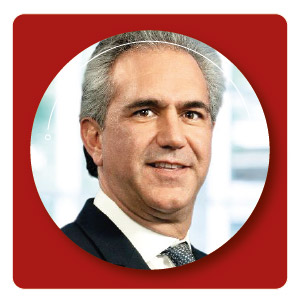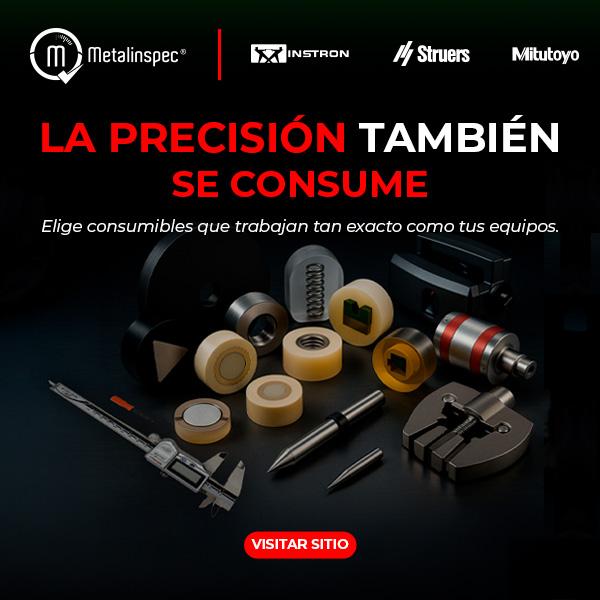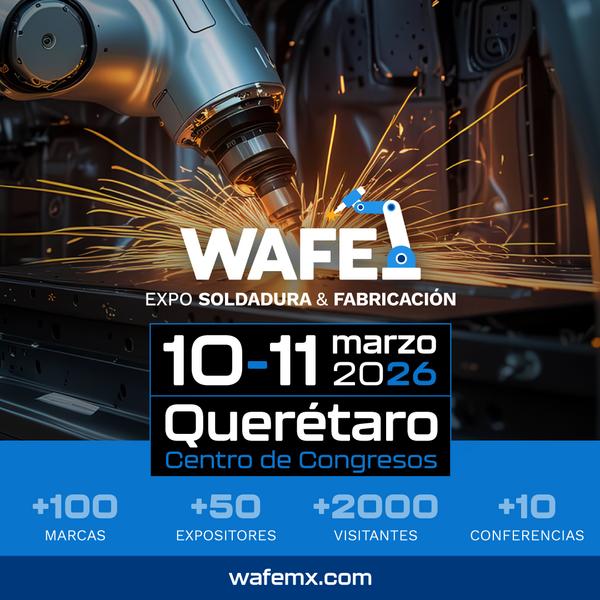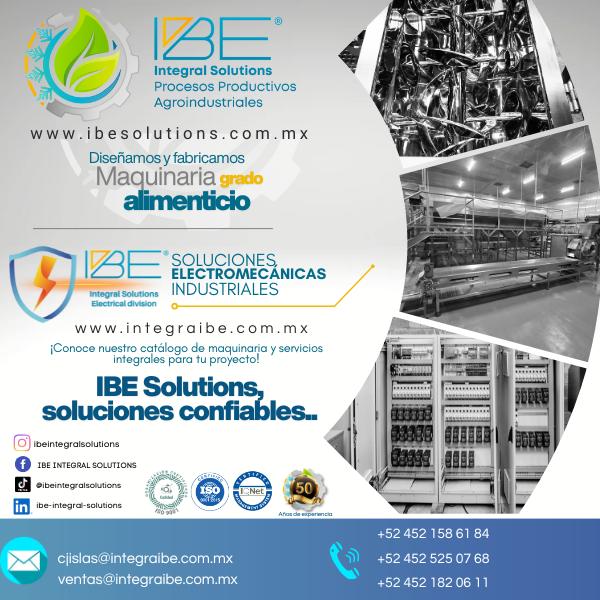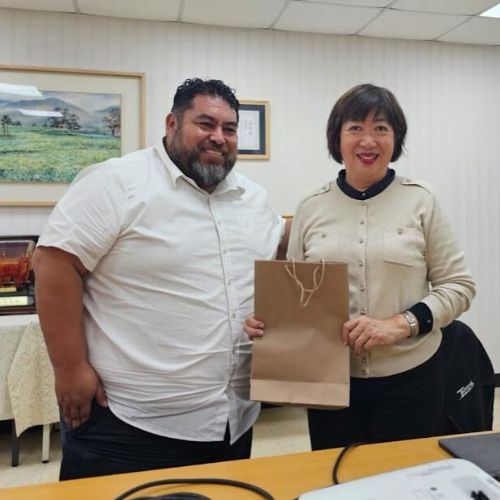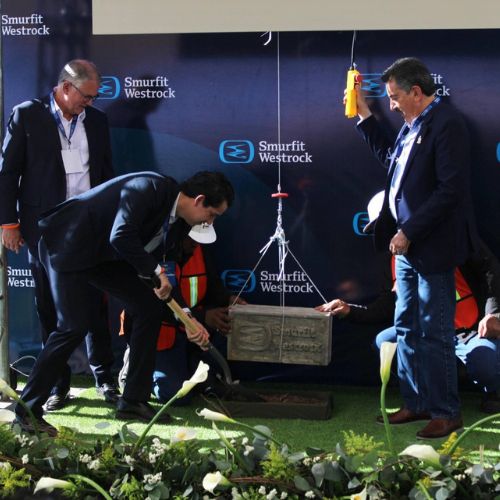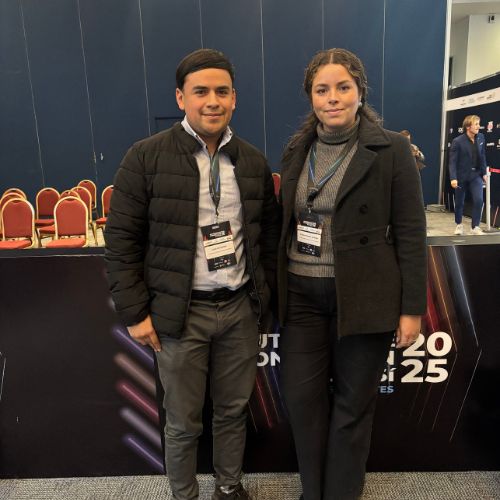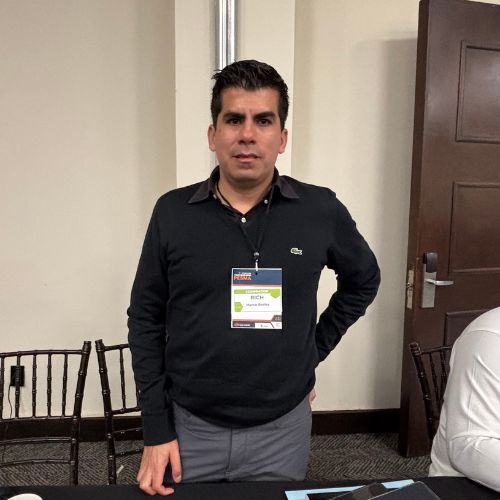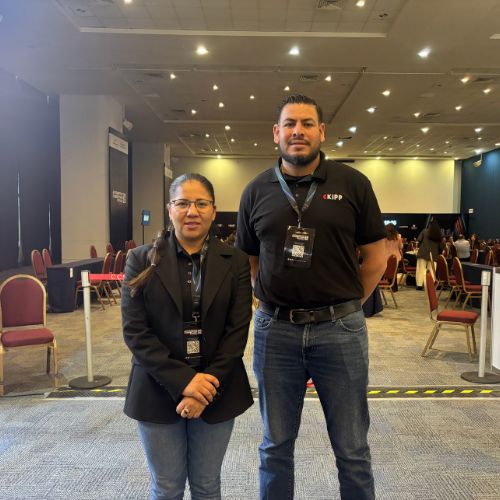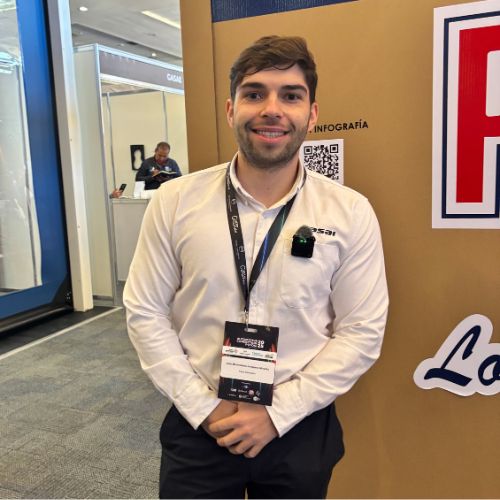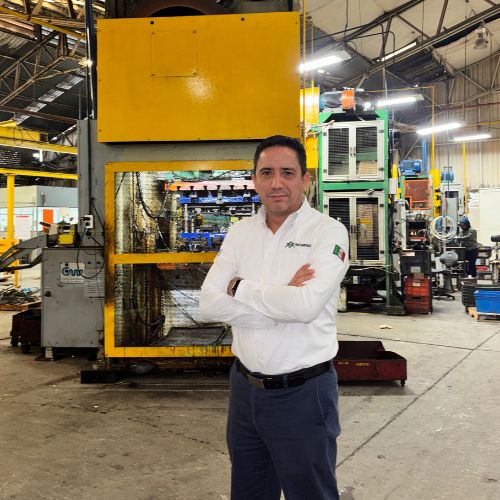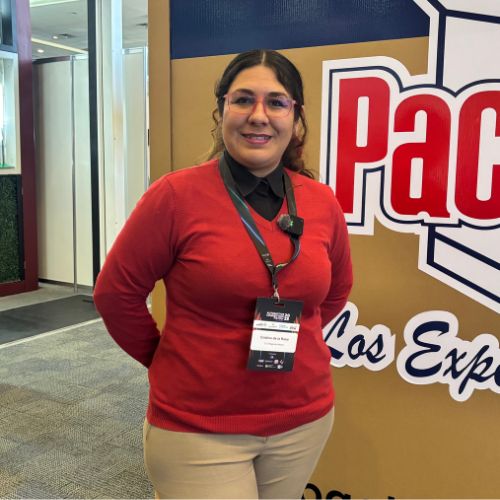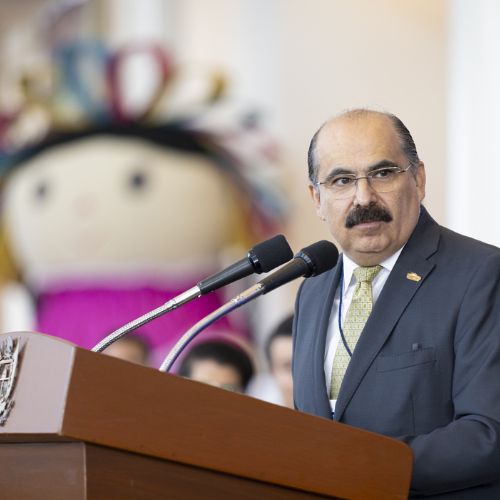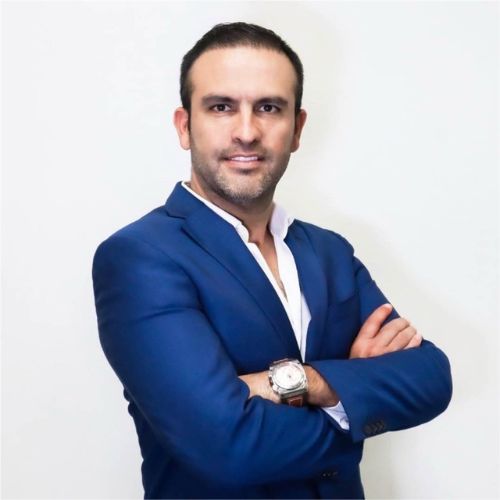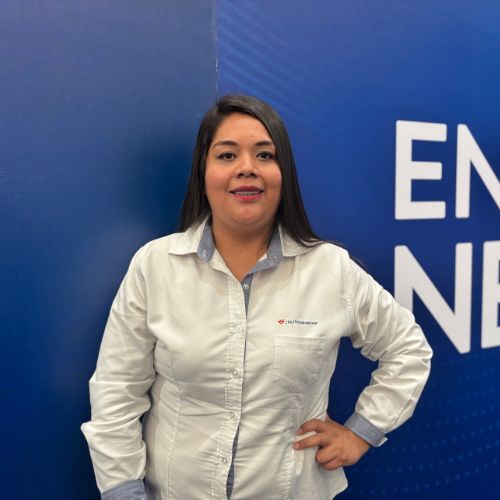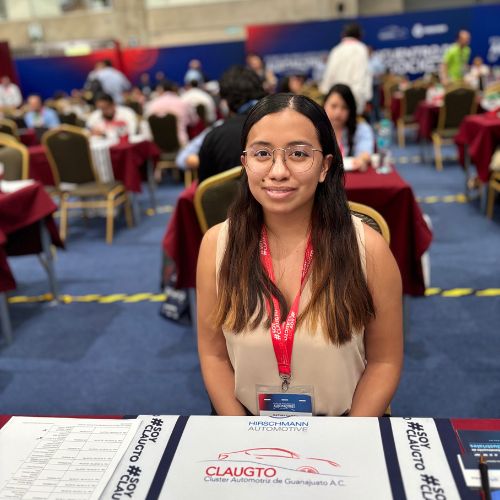SCRAP COMES TO LIFE
Materials ranging from cardboard, paper, and wood to metal, plastic, and electronic equipment can be recycled and recovered as raw material for other processes.
Every time we recycle a container, we avoid filling landfills and removing new raw materials, while we simultaneously reduce energy consumption and greenhouse gas emissions, both of which cause climate change.
Recycled materials can generate new products with very original and low-cost results.
In addition to plastic, which is a high-polluting material but also one that can be recycled mechanically and chemically, many other materials can be used for purposes besides just filling cities’ dumps or landfills. This is the case for almost all types of paper and cardboard (except those that are very dirty or laminated), glass, metals, and organic wastes.
However, plastic is one of the most attractive products to recycle, due to its large amount of consumption.
It is estimated that Mexico produces 100,000 tons of containers made from polyethylene terephthalate, better known as PET, and only approximately 20% of it is recycled.
"This type of plastic offers the greatest opportunities for recycling, as it has the highest overall consumption, making up to 30% of plastics’ total volume," said Adrian Hinojosa, Operations Manager of REUSA.
Faced with this reality, reusing plastic becomes an attractive business opportunity, as REUSA’s case demonstrates. In addition to providing a comprehensive service in recycled materials and buying industrial waste such as plastics, cardboard, pallets, and other materials with potential alternative uses and marketing value, the company specializes in recycling plastic.
Of the 800 tons that the company recycles monthly, 80% of it comes from plastic products, 30% from cardboard and poster board, 10% from waste, and the rest from various products.
"Our vision is ecological equilibrium through the recycling of materials, and this is reflected in the following: by recycling one ton of plastic, 12 barrels of oil are saved, and by recycling one ton of cardboard or paper, 17 trees are saved, as well as 180,000 liters of water and 5,000 kw/h," said Hinojosa.
The manager mentioned that some of the advantages received by companies that recycle include a reduction in waste reaching the landfill, savings on travel costs and arrangements, plus earned income for recycled products. REUSA stands out as an excellent option for obtaining the aforementioned benefits.
"Besides having specialized equipment for separating, grinding and tearing material, we also offer manufacturing services in the grinding and tearing of plastic purges to plastic injection companies and to recyclers," said Hinojosa.
"Today our customers are companies that pelletize and inject the materials for their end uses," said Hinojosa, who added that, due to the diversity of existing markets for certain materials, REUSA now exports to China and the United States, in addition to its previous marketing in Mexico.
So far in 2011, REUSA has recycled a total of 2,700 tons, of which 60% consists of various plastics, 30% is paper and cardboard, and the remaining 10% is made up of pellets and animal feed.
Another company that has focused on meeting the recycling needs of the ever-growing plastics industry is Lexxus Plastics.
The company specializes in the recycling, processing, and marketing of 20 types of plastics, including polypropylene, polyethylene, ABS, PS, PA, PC, ABS/PC, and PMMA, among others. It offers services in collecting, selecting, sorting, and grinding these plastics in order to reincorporate them into the industry.
"We have palletizing services, as well as pallet thermoforming manufacturing services for advertisements or for any other need that the customer might have," said Omar Ramirez, the plant’s manager.
80% of the material that the company recycles comes from post-industrial scrap that, for some reason, did not pass quality processes. 20% comes from post-consumer material.
Lexxus Plastics converts the scrap that comes from TVs, outdoor advertising, refrigerator parts, computers, etc. and markets raw material for manufacturing bathroom hardware, broom handles, and pallet corners, among others.
"The recycled material does not lose many properties, so you can make a wide range of products," said Ramirez, who noted that 100 tons per month are being processed and returned to the industry.
Developments in Electronics Recycling
In 1992, Glezco began operations with an aim to collect, among other products, the post-industrial waste left from various processes, packaging materials, and obsolete maquiladora inventory.
"We started with a plastic recycling service for various industries, then we added other products including cardboard, paper, and metals to provide comprehensive recycling projects. By 2005, we had already begun to address the recycling and secure destruction needs of the electronics industry," said Rosa Edith Ramirez, a manager at Glezco.
Today, the company serves the industry’s comprehensive recycling and destruction needs, with services such as the recycling of any kind of plastic (PP, HDPE, HIPS, PVC, PET, ABS, etc..); post-industrial waste recycling; and the buying and selling of special management waste (ferrous and non-ferrous metal, cardboard, paper, and wood), among others.
Over the years, Glezco has become the highest certified company in the industry and the only e-Stewards recycler in Mexico and Latin America, and they have added other services to their company, such as de-manufacturing electronic equipment and ensuring destruction and brand protection, in order to generate value both by recovering recyclable materials and by de-manufacturing ink cartridges.
Another service the company offers is data destruction for hard drives and any other data storage devices.
"This service is provided through a software that adheres to global security standards and gives our customers a detailed report of the brand, model, and serial number of each hard disk we delete and format, so that this data cannot be manipulated,” said Ramirez.
Likewise, Glezco provides RAM testing services, so that RAM can be re-used. Their newest service is motherboard repair for all types of electronic equipment.
Glezco collects, sorts, and recycles plastic and electronic equipment. For example, so that the metal from motherboards can be recovered, they are sent to one of five places in the world approved for processing by E-Stewards standards.
"Non-recyclable materials are sent to thermal destruction so that they don’t end up in a landfill," said Ramirez, reaffirming the company’s commitment to environmental care.
In some cases, the recycled material is requested by the customer to integrate into their own processes and equipment, and, in other cases, Glezco markets it as raw material for a different process and product than the one for which it was created initially.
The manager noted that 85% of recycled materials are sold in different processes and only 15% return to the same customer.
Quality and Safety First
Currently there are many informal enterprises that provide recycling services but that do not ensure the proper handling of materials, which is why it has become so essential to have recyclers that are certified and that comply with quality standards.
Glezco, aware of changed needs and different visions, has focused on certification processes, such as ISO 9001:2000, ISO 14001, OHSAS 18001, and Clean Industry. It also stands out for having received an E-Stewards certification, making it the first recycler in Mexico and throughout Latin America to obtain one.
"All of the above has strengthened us as a company. We have created a solid structure with first-class services. And the E-Stewards recognition sets us apart in the industry as a company that has the highest standards in the recycling and reuse of electronic equipment," said Ramirez. She added that, “As a recycling and recovery company, we have a goal: to be a company that is a driving force in environmental care, but also one that is always compliant with the necessary guidelines for the proper handling of materials, that backs up what we offer with quality, that gives excellent customer service, and that provides proper management of recovered materials," said the manager.
The company is currently working on the R2/Ríos certification process, which specializes in the re-use and recycling of electronic equipment, and they expect to receive this recognition by next year.
Glezco customers include companies from the automotive, medical, telecommunications, food, and maquiladoras sectors, among many others. These companies are given collection services, recycling, and waste materials and equipment destruction and repair. A total of about 100 companies are served by the company, some of which are located in Mexico, while others are from South America and the United States.
The average Mexican consumes 250 tons of PET a year.
80% of the PET that is collected in Mexico is exported to the United States and China.

